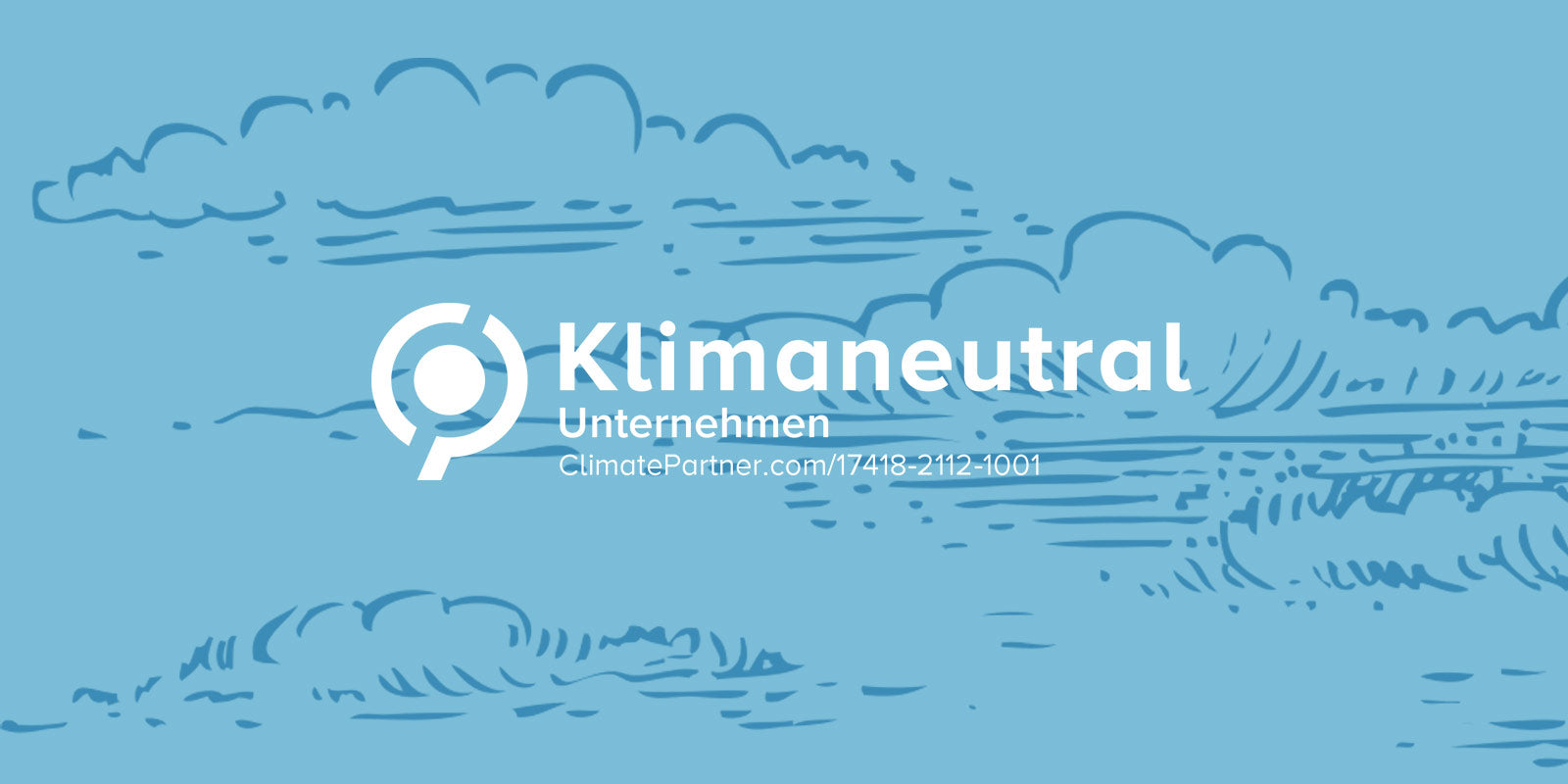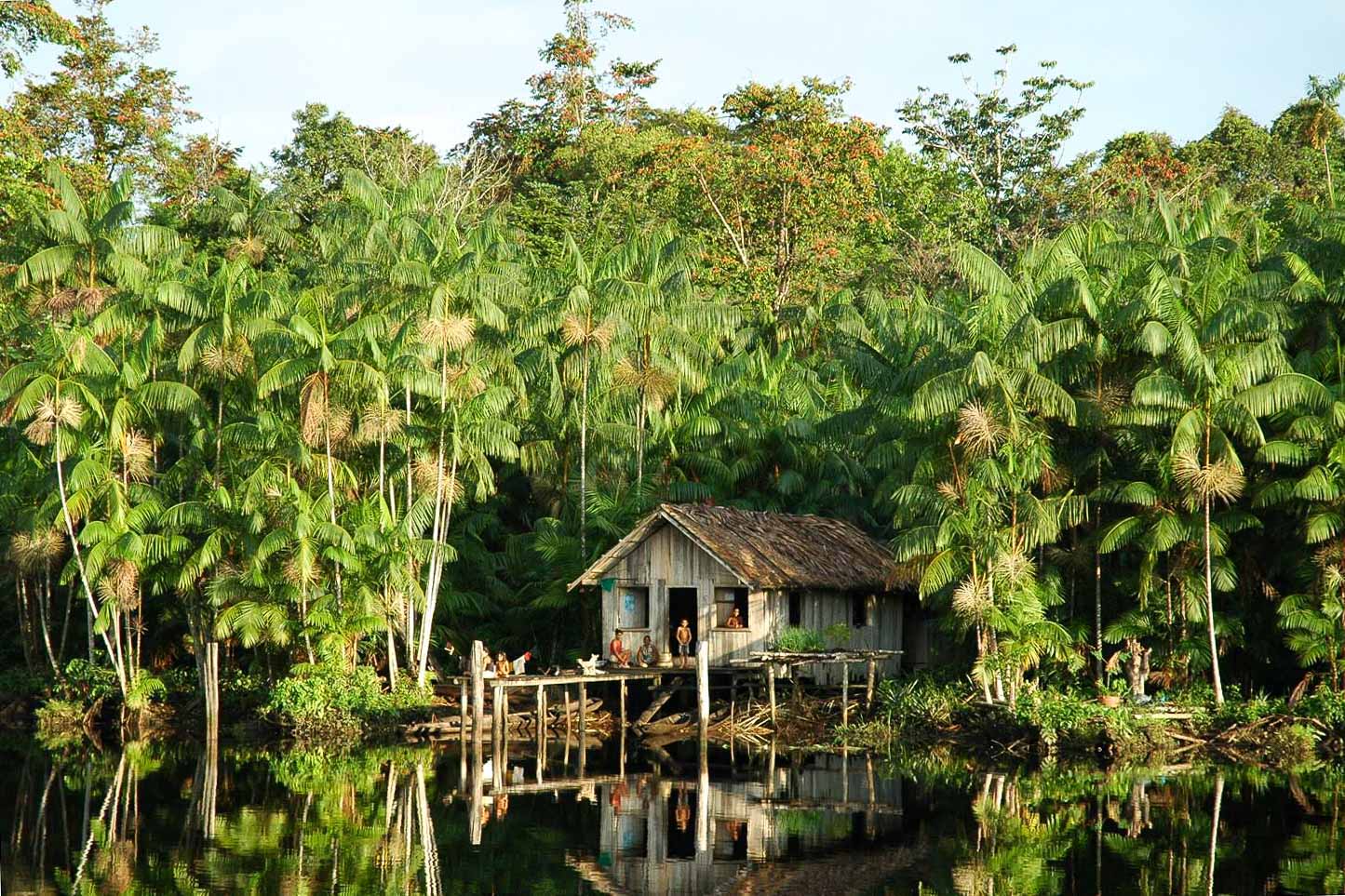Klimaneutral bedeutet, dass der Carbon Fussabdruck unseres Unternehmen auf Grundlage international anerkannter Standards berechnet und durch die Unterstützung von internationalen Klimaschutzprojekten vollständig ausgeglichen wurde.
Das Label „Klimaneutral“ von ClimatePartner bescheinigt den Ausgleich nicht vermeidbarer Treibhausgasemissionen.
Derzeit unterstützten wir das Waldschutzprojekt Pará in Brasilien.
Weitere Informationen über das Waldschutzprojekt erhaltet ihr direkt auf der Seite von ClimatePartner.
Forest protection as climate protection
Forests are among the most important CO2-Saving the planet, harboring enormous biodiversity and are the basis of life for all people. However, global forest areas have declined sharply in recent decades due to increasing settlement, agricultural use, illegal logging and resource extraction.
Forest protection projects ensure that forests are preserved in the long term and that the protection of the forest is given a higher value than its deforestation. Project participants work together with the local population to protect the area from negative influences. In addition, the projects create alternative sources of income and educational opportunities. Depending on the project region, forests store different amounts of CO2 per hectare. A particularly large amount of carbon is stored in the vegetation and soil of tropical swamp forests, primary rain forests or mangroves.
Açaí, more than just superfood for the Amazonians
It is a special and very own ecosystem, the "Várzea" in Pará at the Brazilian Amazon estuary. The reserve around the island of Marajó is best reached by boat. Waterways criss-cross the island's natural rainforest. The landscape has been shaped by small farmers for centuries. As a transport artery, the Amazon favors agriculture and animal husbandry – which in turn brings with it more and more deforested areas.
Over 86,000 hectares, the Ecomapuá project protects the forest and bans commercial logging. It creates alternative sources of income for the local families, for example by trading in the açaí fruit. This is not only popular in Brazil, but also in industrialized countries as a superfood. Because the project promotes development in one of the poorest regions in north-eastern Brazil, it is also certified with the Social Carbon Standard in addition to the Verified Carbon Standard.



